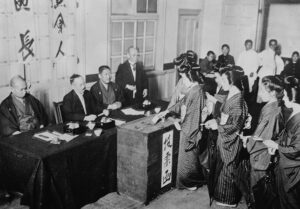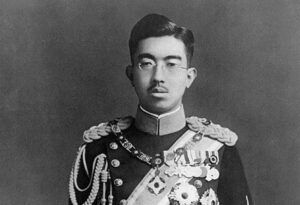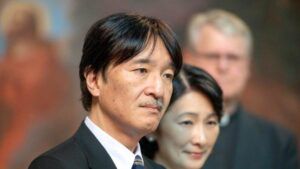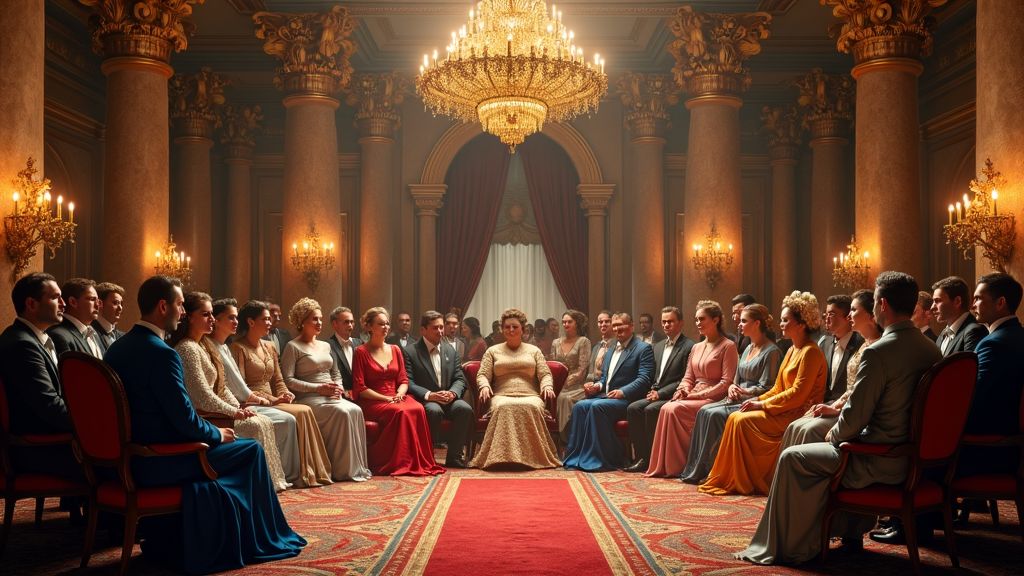Advertisement
The Life Of Japanese Royalties
In Article 1 of the postwar Constitution, which went into force in 1947, the Japanese emperor is characterized as “the symbol of the State and the People’s unity.”
He does not participate in the direction of national politics, although the emperor does conduct formal and ceremonial state functions. The prime minister and chief justice of the Supreme Court are appointed, the Diet is convened, and legislation is promulgated.
He also meets with visiting royals and heads of state, receives foreign ambassadors and envoys, and meets with all Japanese ambassadors and their spouses before they depart for their abroad postings.
He attends prize ceremonies, tree plantings, and other events, and resides over a variety of activities, including public meetings, ceremonies, ceremonial feasts, and poetry readings. Visits to war memorials to pray for the repose of war victims have always been part of imperial visits. He travels abroad and visits cultural and economic companies as well as social welfare centers in Japan regularly. The emperor and empress visited citizens of disaster-stricken areas regularly.
Other key responsibilities include encouraging traditional culture, such as waka poetry, and conducting court rituals, such as shihohai, a New Year rite in which the emperor bows in reverence in front of each of the country’s great shrines. He does academic studies in between official duties.
The Imperial Family’s Life
The imperial family does not have a common surname and instead uses given names. Emperor Shwa was known as Hirohito during his lifetime; after his death, the emperor is given the name of his era. Nahurito and Masako are the current imperial couple. Emperor Emeritus Akihito and Empress Emerita Michiko are Nahurito’s parents. Men in the imperial family who are not in the direct line of succession are given new titles to symbolize that they are founding new houses when they marry. Fumihito, Akhito’s second son, was given the title Prince Akishino before becoming Crown Prince after his brother took the throne.
Imperial family members are not free to select their careers. They can only work for charitable organizations that serve the public good, the emperor must prove to approve of their employment. They are unable to vote or seek office, and must focus on their official responsibilities. The state owns the imperial assets.
The Emperor and his family are not permitted to adopt children. Men in the imperial family who want to marry must first have the Imperial House Council’s approval. Female members are allowed to choose their partners, but if they marry outside the family, they forfeit their imperial rank.
Male Emperors
The Imperial House Law governs all matters of the imperial family, including succession and regency. The “Imperial Throne shall be dynastic,” according to the Constitution. However, sons of concubines have ascended to the throne in the past. There have been female emperors as well. Only “a male progeny in the male line belonging to the “Imperial Lineage” may become emperor, according to the Imperial House Law, and there are no immediate signs that this will alter.















